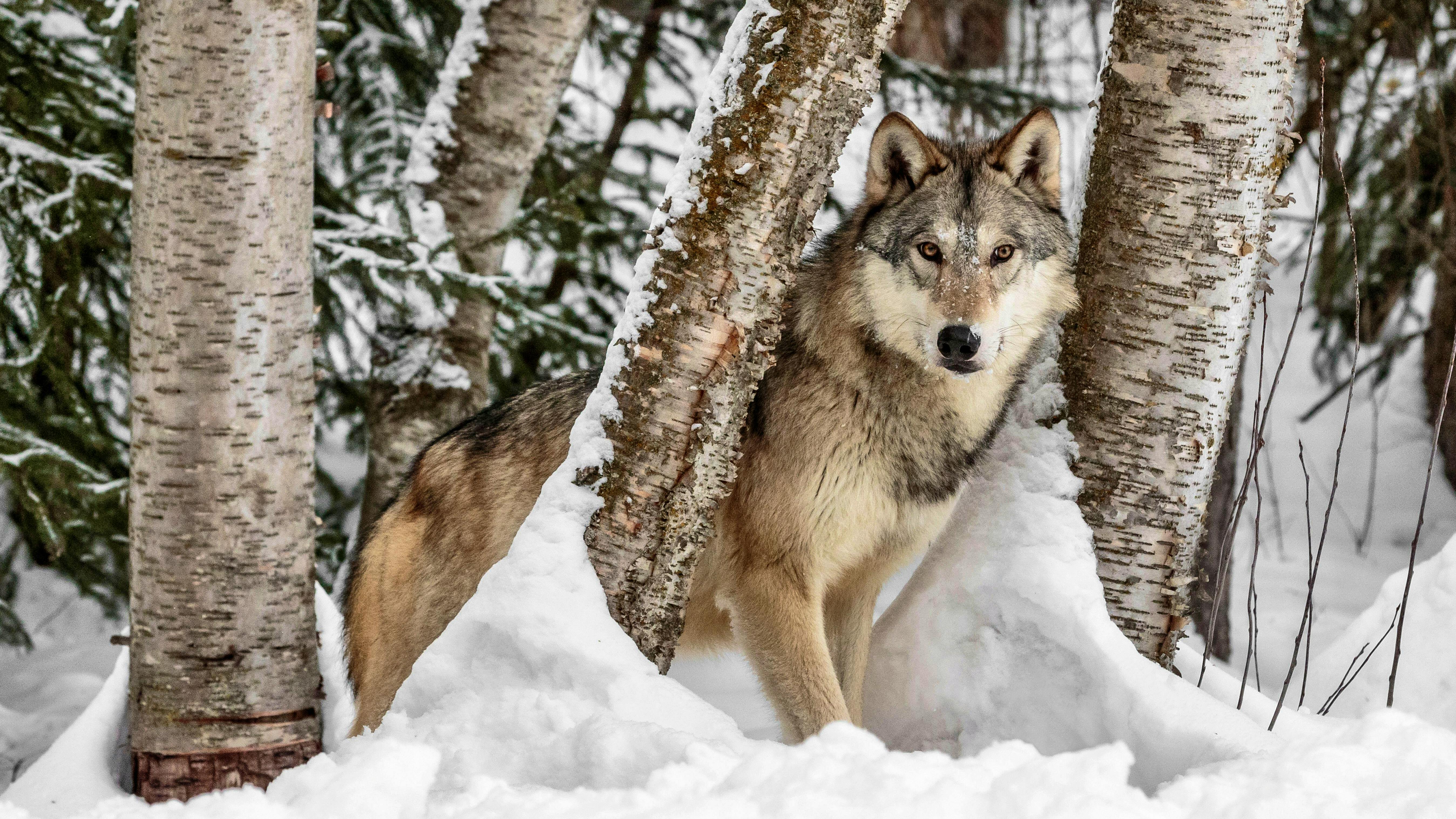Today is World Wildlife Day! John Scanlon, General Secretary of the Convention on International Trade of Endangered Species (CITES) declared today as a day to “celebrate the beauty and variety of the millions of plants and animals that we share our planet with.” Of course, we should appreciate and respect wildlife year-round, not just one day a year. So why declare a specific day for it? In short – to bring some much needed attention to an issue that is much larger in scope than many people realize. The illegal wildlife trade threatens the survival not only of the most publicized species, such as elephants and rhinos, but of many other species as well, including sharks, mantas, tortoises, red eyed frogs and others. The amount of illegal wildlife trade is rampant – doubling in just seven years – and worth tens of billions of dollars every year. In addition, even legal wildlife trade can take a toll on species if regulations are too lax, or aren’t enforced. Together, these threats can have serious impacts on our planet’s wildlife.

President Obama has announced several positive and encouraging measures to combat illegal wildlife trade. First, he signed an Executive Order that lays out a strategy to combat illegal wildlife trafficking, accompanied by $10 million with the goal of to “strengthening domestic and global enforcement; reducing demand for illegally traded wildlife at home and abroad; and strengthening partnerships with international partners, local communities, NGOs, private industry, and others to combat illegal wildlife poaching and trade.”
In addition, the U.S. Government recently announced a ban on new commercial ivory sales at the national level. Unfortunately, the ban still leaves loopholes open for the sale of ivory and makes enforcement efforts more complicated. The Unites States is the second ivory market in the world. Defenders is advocating for a total federal ban on the sale of ivory, and in the meantime we are pushing for sale bans at the state level in Hawaii and New York, which are the biggest hubs for sales.

In addition, the U.S. government is concentrating efforts on combating wildlife trafficking in Africa, which is a source of wildlife trade for rhino horns and ivory. While this is good progress, we should be careful not to forget other species or regions. Sharks, for instance, are killed by the millions every year, both legally and illegally. Many types of amphibians, such as frogs and salamanders, are also seeing a steep decline due in part to their use as pets. The list goes on.
Defenders has been involved in a variety of international wildlife conservation efforts, particularly through the International Convention of Endangered Species of Wild Flora and Fauna (CITES). In past years, we were successful in securing listing of amphibians, tropical rosewood trees, sharks and manta species in CITES, setting regulations around the trade of these animals to help protect them from over- collection.

And our international work doesn’t stop at CITES. In addition, we completed four different regional shark identification guides and distributed them to all Latin American delegations (an area where we have focused much of our work) and interested Parties from the rest of the world, including the United States. Defenders has also partnered with the Amphibian Survival Alliance to ensure that the threat of international trade to amphibians, the most endangered group of animals in the world, is monitored and that trade threats are diminished. We also presented documents on vital conservation issues to the Executive Task Force set up through President Obama’s Executive Order to Combat Illegal Wildlife Traffic, especially on the issue of law enforcement and reducing demand.
So today, on World Wildlife Day, we thank each of you for the support you’ve provided us over the years to help us achieve so much for wildlife on an international scale. With your help, we’ll continue to educate, advocate and enforce wildlife conservation for imperiled species around the world.
Alejandra Goyenechea, International Counsel







Follow Defenders of Wildlife
facebook twitter instagram youtube tiktok threads